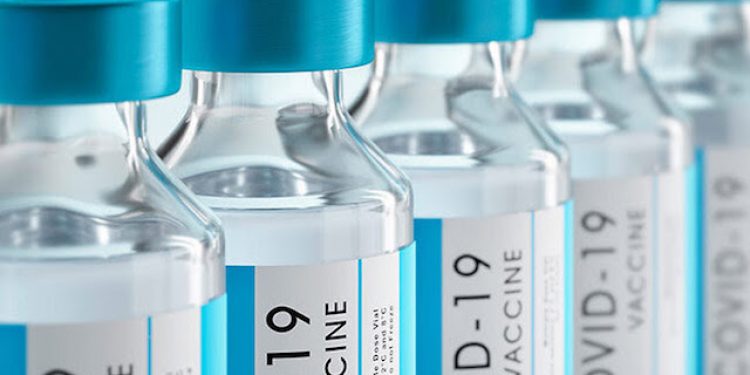European social partners in the fisheries sector, ETF and Europêche, have called on the European Commission to support Member States in developing a specific Covid-19 vaccination protocol for the fishing sector, prioritising their access to the vaccine.
Considering their recognition as essential workers and the particularities of the fishers’ workplaces and working patterns, the social partners have put forward practical guidelines that can help accelerate the process.
They describe fishing crews as a cornerstone of seafood supply and food security in Europe, but they haven’t been prioritised in vaccination programmes, exposing them to growing infection rates on fishing vessels and preventing the much-needed crew changes around the world.
Unlike many other workers, fishing crews are limited in what they can do to avoid infection in their workplaces. Their work takes place in confined spaces, where it is impossible to maintain physical distance, resulting in a high risk of coronavirus transmissibility.
Additionally, the often long periods on board ships make it challenging to immunise them on the pre-established schedule for the general population.
Europêche and ETF believe that this unique situation requires a special approach to vaccinations and call on Member States to develop new protocols at once.
‘The fisheries sector has been recognised as an essential and strategic sector during the pandemic for its vital work in the supply of seafood and food security,’ said Ment van der Zwan, Europêche spokesperson in European social dialogue.
‘To protect the supply, we need to protect the workers that support it and guarantee their speedy access to vaccines.’
The social partners have outlined a list of guidelines that can help states establish vaccination protocols for fishers in a way that responds to their specific working environments. They call for prioritisation of fishers in vaccination, co-ordination of vaccinations through national authorities, and, where possible, provision of single-dose vaccines for workers who remain on board for long periods. They also emphasise the need to establish a right to receive vaccination not only in the flag state but also in their country of residence and in port states.
‘Vaccination must be available for all crews operating under European flagged vessels, whatever their nationality,’ added Juan Manuel Trujillo Castillo, ETF Fisheries Section Chair.
‘This is common sense, particularly for the numerous fishing crews working on vessels that operate for weeks without returning to port.’
The social partners’ appeal aligns with the recent call of five UN agencies, encouraging governments to ‘give priority to fishers, seafarers and aircraft crews in their national vaccination programmes.’
ETF and Europêche call on the European Commission to urge EU Member States to support the key workers of the fishing industry during the coronavirus crisis and prioritise their access to the vaccine to keep essential fishing operations running.









